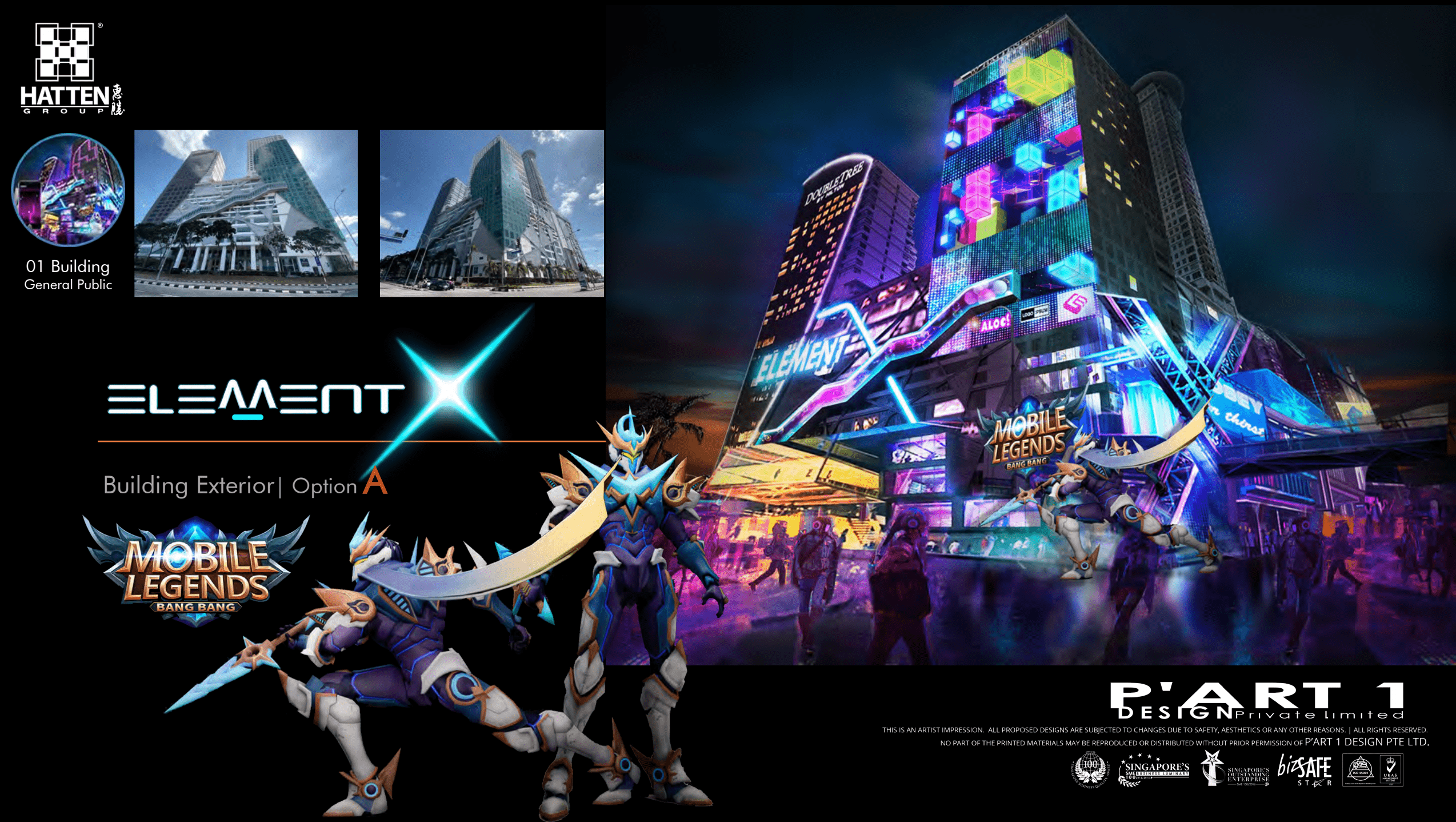- Home
- Stories

Recent Post
-
STEPS TO REMEDIATE RISKS OF GENERATIVE AI
There are many benefits of generative AI tools like ChatGPT. In the first part o...
-
ENJOY THE BENEFITS OF GENERATIVE AI BUT BEWARE THE RISKS IT BRINGS
Artificial intelligence (AI) is making a deep impact on countries, societies and...
-
NO SWEAT KEEPING DATA CENTRES ENERGY-EFFICIENT IN HOT CLIMATES
Data centres, big guzzlers of electricity, can now brave tropical climates to be...
-
THE DIGITAL-GREEN ECONOMY: CHALLENGES AND OPPORTUNITIES
Digitalisation and sustainability are dual trends that are shaping the world tod...
-
GENERATIVE AI IS EVERYWHERE AND EVERYTHING AT ONCE, HOW TO MANAGE IT FOR PUBLIC GOOD
Hallucination is a disease. It is about seeing things that are not there. Or it ...
JOIN OUR MAILING LIST
Subscribe to our newsletter for the latest stories & updates.


Tell us about your thoughtsWrite message